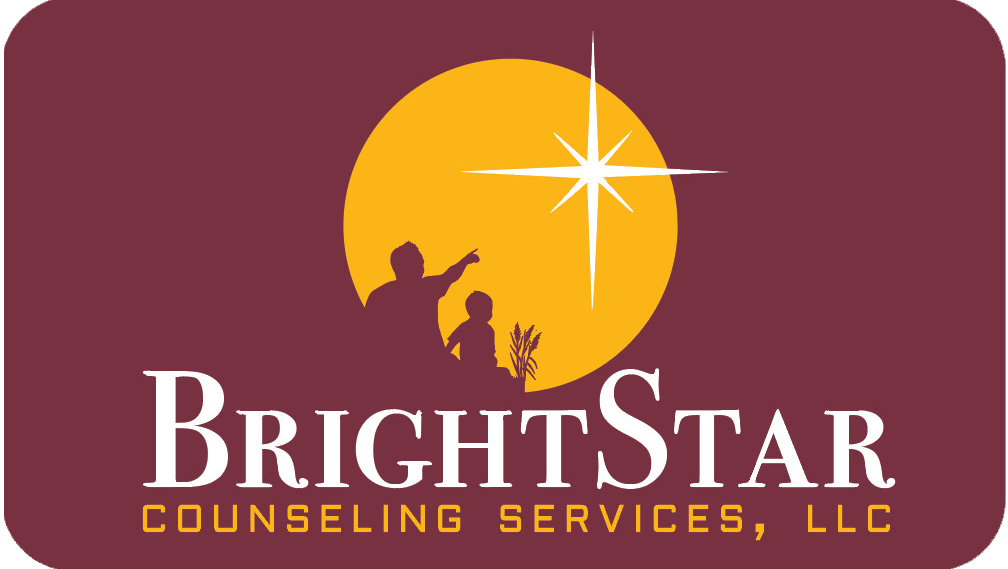4 Tips for Parenting an Above Average Child
If you’re the parent of a gifted child, you may be challenged with a unique set of circumstances. Your gifted child might be mentally above average, but have difficulty interacting with their peers; they may be immature, impatient, or easily bored. Your friends and family may look on in awe at your child’s abilities, blissfully […]

